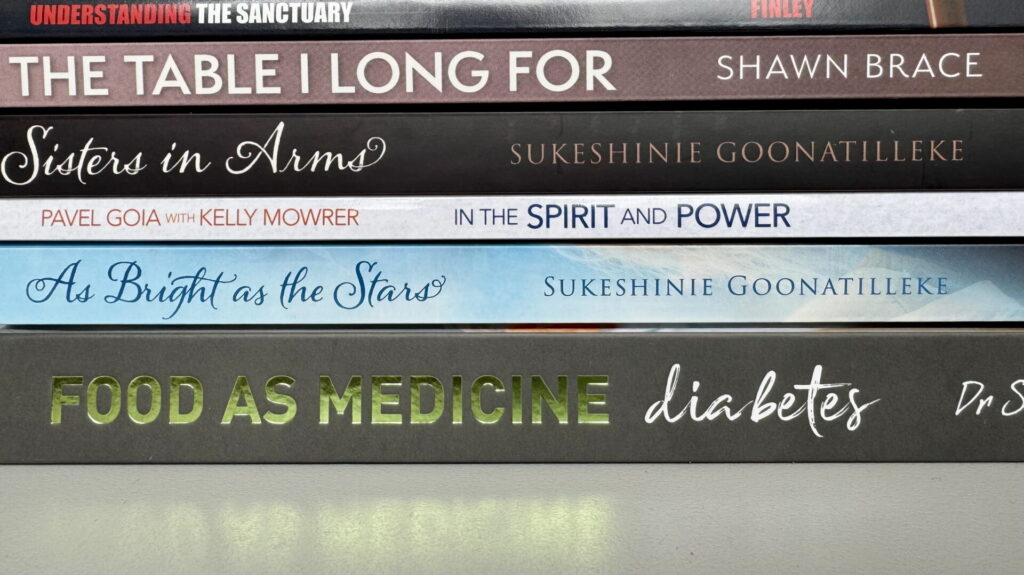Dr Miguel Valdivia has served as a pastor and educator, and currently as vice president for Product Development at Pacific Press Publishing Association, based in Nampa, Idaho, USA. Originally from Cuba, he writes and edits books and magazines in English and his native Spanish, and spoke about his work and his recent books.
What excites you about your role at Pacific Press?
As a voracious reader since childhood and understanding the important role of publishing in the ministry of the church, I find it a privilege to be involved in the development process of books and periodicals. I know that technology has transformed the science of communication, that the ease of producing multimedia projects has multiplied the sources of information by several factors. But I also believe that print media has no substitute in the internalisation of important knowledge, in the understanding that occurs as the human eye captures type and the brain decodes the message. What I’m attempting to say is that this job is deeply significant, no matter who gets to fulfil it at any point in time.
Is there a book among Pacific Press’ new releases this year that you are keen to tell us about?
I can’t select just one. We have many strong books in this year’s line-up, so this is more a list of my personal preferences than a measure of quality. I particularly like the end-time devotional thoughts of Randy Maxwell in Closing Prayers; a thought-provoking volume by Joseph Kidder and Katelyn Weakley, Living With the Mind of Jesus, and a compendium of Sabbath stories from Nik Satelmajer and others, titled The Gift: What the Sabbath Means to Me.
What makes a good Adventist book for you?
A good Adventist book is one that contributes to the life of the church and the spreading of the good news. There are many wonderful Christian books in the market, but Adventism has much to add to the body of Christian literature in the areas of spiritual life, solid Bible doctrine and healthy lifestyle. Let me quote from Randy Maxwell’s book on end-time prayer: “It’s the fourth quarter, my friends. Business as usual is over, which means praying as usual is over” (Closing Prayers, page 11). This is the tone and genius of Adventist publications; every one of us, from editors to writers to technicians, live with a sense of destiny that permeates what we do.
What is your most common advice to would-be writers and authors?
Make sure you have something to say, then be true to your message. This doesn’t mean it will be marketable, but it will represent your experience and your walk with God. Writing is a worthy exercise in itself, but writing for publication is hard work, and the peril of immortalising our mistakes on paper is a serious matter.
What prompted you to write about the Beatitudes in Thirst for God?
The thought behind this project was the basic question of whether we truly have a chance to change as we enter into a spiritual journey. The answer is yes, but the process might lead us in unexpected directions.
God’s greatest desire is to bless us, no matter where we are in our experience. We get it all when we learn to let go, and give God the place He deserves in our lives. If the Beatitudes reflect a path of spiritual progression—as Ellen White seems to suggest and I came to conclude—they are calling us to a state of total dependence as a path to true spiritual riches. I also came to appreciate the understanding that blessings are not something God imparts as individual gifts, but are the results of being spiritually connected to Him.
Why do books like this still matter in today’s world?
We are all facing unprecedented challenges and uncertain times. A spiritual foundation is more than a coping mechanism; it truly defines who we are, and who we can become. We are not mystics in the historical sense of the word, but each one of us is invited to seek the presence of the Divine in the magnificent solitude of our minds and hearts.
Thirst for God is available from Adventist bookshops in Australia and New Zealand, or online.






